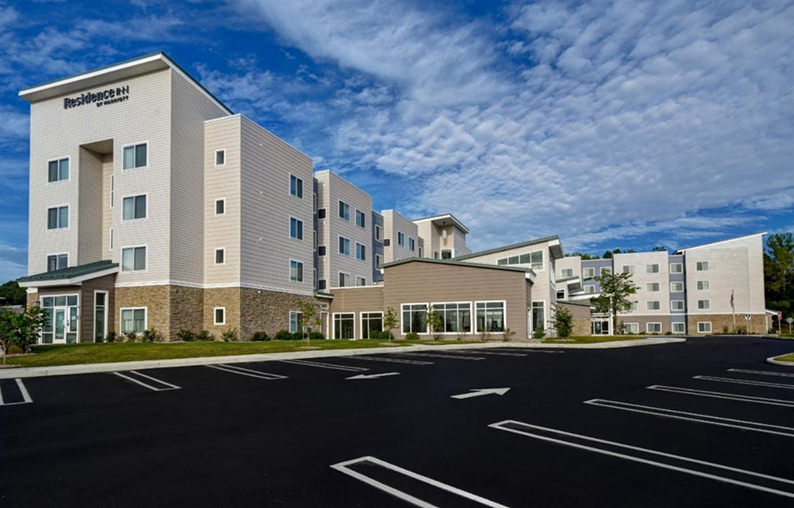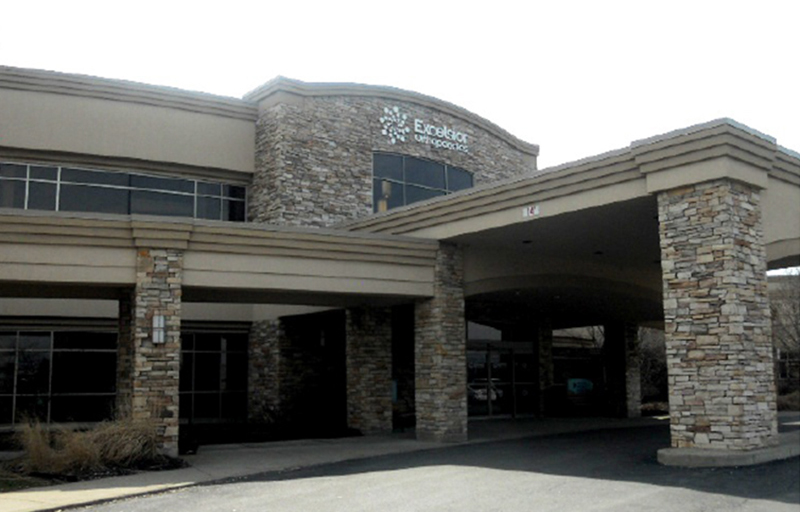News:
Finance
Posted: December 26, 2011
Could politics trump over traditional factors of overall cap rates and value in 2012?
When 2012 rolls around there will be a similarity to 2011 in the commercial, industrial, apartment and office real estate markets in the region. There has been stable cap rates and modest value appreciation driven by the continuing low interest rates over the past year. However, based upon my discussions with a number of mortgage bankers and real estate brokers there has been a lack of demand. Sales activity has been substantially less than pre 2008. Many investors have been locked into existing mortgages negotiated in the last few years with yield maintenance agreements which penalize borrowers who pay off existing mortgages. Also, some properties are "upside down" which rule out refinancing or sale. Also, some investors are more in the mindset of paying down debt. In a perfect world, investors dream about having their real estate portfolio free and clear and enjoying the cash flow. Thus, they will not sell and won't be subject to capital gains.
The smaller regional lenders and brokers in Upstate New York, Long Island, western Massachusetts and central/northern Connecticut have been relatively active in 2011 since many were able to maintain relatively stable operations even in 2009 when activity was most severely affected. The smaller lenders consistently have been the pipeline for the financing of properties of less than $2 million. Higher priced properties were more severely affected when the large lenders were most financially vulnerable when the Commercial Mortgage Backed Securities market (CMBS) was reduced to a trickle in 2009. The good news is since 2009 activity in overall properties has generally improved along with the health of the large lenders. Therefore, New York City and Boston activity also has improved. Activity in 2011 was significant in many large and small properties. This same activity is anticipated to be maintained in 2012. However, the activity is still relatively slow compared to pre 2008 levels. This is surprising considering the record low interest rates. Reportedly, the Federal Reserve will keep a policy of low interest rates in 2012 to ease deflation fears.
There is a chance of more promising growth and activity depending upon the outcome of the National elections in November, 2012. The current administration is practicing Keynsian policies which has instituted and attempted to institute various regulations, taxes, deficit spending, etc which stagnate economic growth and ultimately detrimentally affect real estate. Some Keynsian philosophy is prudent. However, the deficit spending over the past three years is over $4 trillion. Many investors have been "sitting on the sidelines" because of these policies. If the current administration is on the short end on election day; it's possible the markets will rise and some type of economic surge will begin. As an example when Congressman Barney Frank known for the Dodd-Frank bill announced in early December he will be retiring, the stock market gain was substantial. I'm sure most of that was attributed to the verbal commitment by the United States to intervene and make certain guarantees to help ease the current and future European debt crisis. However, a few money managers I know maintain part of the rise was due to Congressman Frank's announcement. Overall rates will not change substantially in 2012 because interest rates should remain low until after the presidential election. After the election, there may be a significant increase in interest rates which will drive cap rates up if the White House does not change occupants. If the incumbent loses, the cap rate increase will be less.
If the dollar continues to increase over the Euro, this may also fuel an increase in interest rates at an earlier point. However, if investors are active, the economic surge will override the negatives of higher interest rates. Any surge in retail and office will be limited in the large markets of New York City and Boston because of billions of dollars of mortgages coming due. This hasn't been as much of a problem in some of the smaller markets of the region. In conclusion, politics could trump over traditional factors regarding overall cap rates and values in the region in 2012.
John Rynne, MAI, SRA is the president and owner of Rynne, Murphy & Associates, Inc., Rochester, N.Y.
Tags:
Finance
MORE FROM Finance
Brookhaven IDA closes on economic incentives for Coco Architectural Grilles
Holtsville, NY A fourth-generation family-owned, custom metal-fabricating business will expand in Holtsville after the Town of Brookhaven Industrial Development Agency (IDA) closed on a package of economic incentives.






.jpg)

.gif)
.jpg)